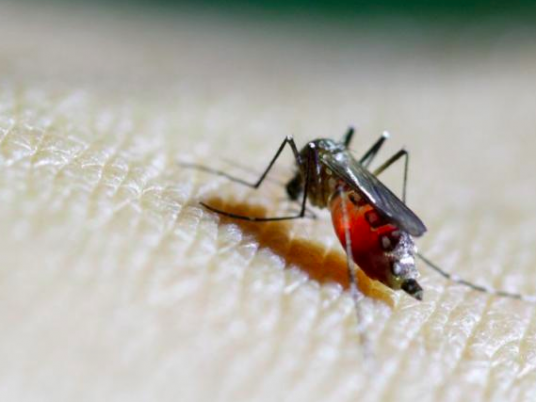
The National Authority For Remote Sensing & Space Sciences (NARSS) in Egypt has implemented a project in cooperation with the Ain Shams University to study disease vectors in the Red Sea and Hurghada.
The head of the NARSS, Islam Abul-Magd, explained on Friday that the authority plays an effective role in studying disease vectors, and work is underway on a project entitled “The impact of climate change on the distribution of Aedes mosquitoes that transmit diseases.”
Abul-Magd added that the authority is producing maps of mosquito breeding environments, identifying the most prevalent types of larvae, and creating innovative, applicable cartographic models to predict and identify the locations and spread of mosquito populations.
He explained that the project evaluates the environmental risk to support decision-makers in the field of public health by identifying the places most susceptible to mosquito breeding, and thus the spread of diseases (filaria, malaria, Rift Valley fever, etc.) to facilitate control operations.
Minister of Health and Population Khaled Abdel-Ghaffar responded to reports claiming that the mysterious disease outbreak in a village at Qena Governorate, Upper Egypt is the coronavirus.
Abdel-Ghaffar said, during televised statements earlier in July that the mysterious disease in Qena is actually “dengue fever”.
He explained that the dengue fever is known and present in more than 100 countries around the world.
This virus is transmitted by mosquitoes, he added, noting that treatment consists of painkillers, fever reducers, and resting at home.
Abdel-Ghaffar indicated that there were no cases that required hospitalization, and all were treated at home.




